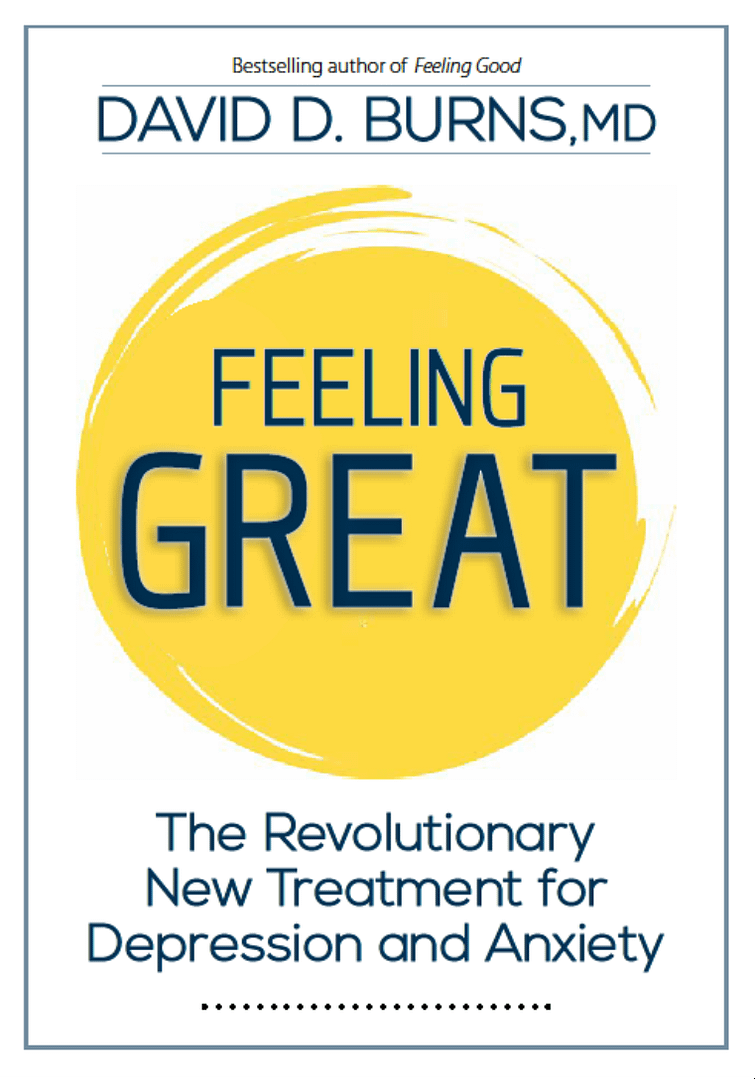How to Change a Self-Defeating Belief (SDB) (cont’d)
Last week, you had the chance to listen to our Tuesday training group at Stanford as we worked on the “Achievement Addiction,” Part 1 (Podcast 211). Although we were working with a therapist named Zeina Halim, it turned out that just about everybody in the group had this belief, and perhaps you do, too–thinking that your worthwhileness as a human being depends on your achievements, hard work, and productivity. This belief, which is also known as the Calvinist work ethic (e.g. you are what you do) is actually at the heart of Western Civilization. And while it can trigger intense achievement, it can sometimes also trigger angst, including feelings of depression, anxiety, and endless self-doubt, wondering if you and your achievements are “good enough.” In last week’s podcast, we played the first half of the Tuesday group’s session, featuring the Cost-Benefit Analysis. In today’s group, we play the the recording of the last half of the group, featuring these three additional techniques. At the end of today’s recording, Zeina joins us and talks about the session, and the techniques that were the most meaningful for her.- The Semantic Technique. This involves change at the intellectual level. If you decide that a SDB is not working to your advantage when you do a CBA, you can you modify it so you can keep all the advantages you listed while getting rid of most if not all of the disadvantages. This is a bit of practical personal philosophy exercise with significant emotional implications. The group members came up with a wide variety of alternate beliefs, and I critiqued several of them, pointing out the benefits and pitfalls of each new version.
- The Feared Fantasy. Here’s where change at the gut level begins, and you also can begin to challenge the idea that high achievers really are more worthwhile. We did a version of this technique that I’ve often demonstrated in my workshops called the “High School Reunion.” It is a humor-based technique, but the goal is to make a powerful point at the gut level, so you can (hopefully) suddenly “see” that it is simply not true that people who achieve a great deal really are more worthwhile human beings.
- The Double Standard Technique. Here’s where change at the gut level continues, and you will hear a beautiful example in Zeina’s dramatic interaction with Dr. Levitt. Dr. Levitt plays the role of someone trying to figure out if she really is less worthwhile than people who achieve a great deal more.



